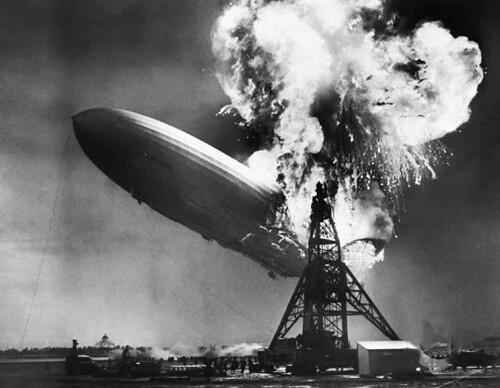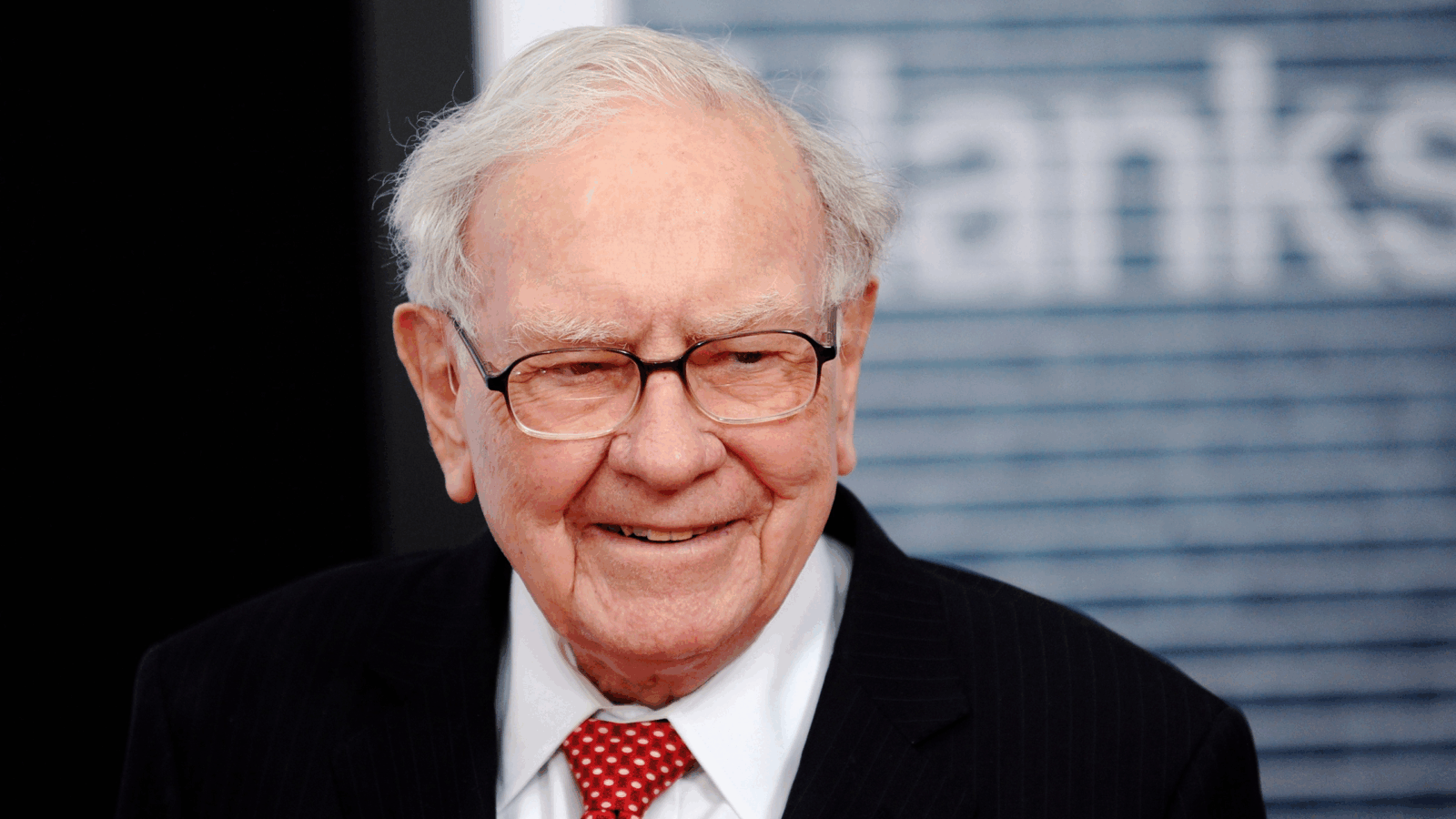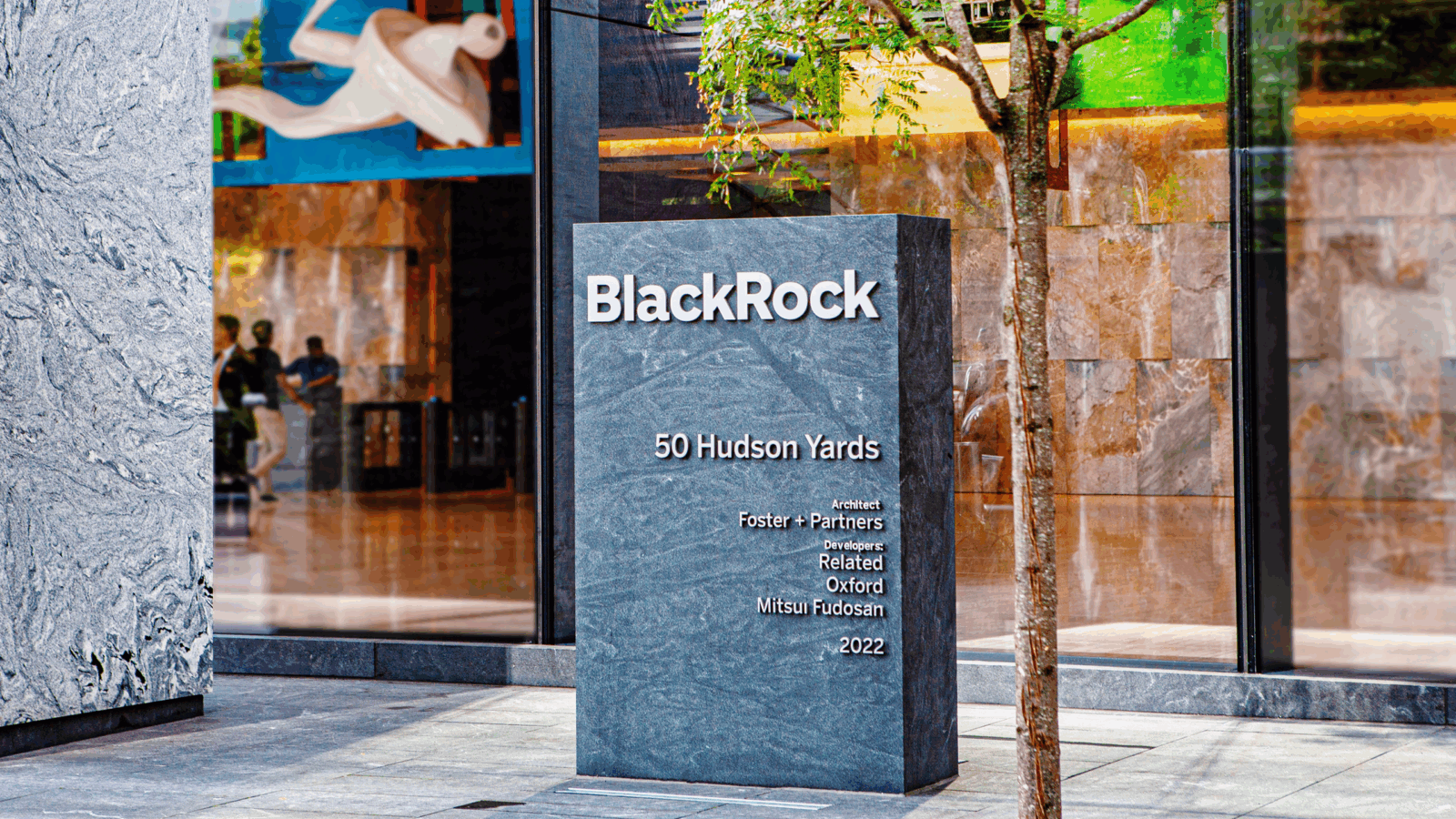
Sign up for smart news, insights, and analysis on the biggest financial stories of the day.
You either die an activist investor hero or live long enough to see yourself become the target of younger activist investors.
Nathan Anderson and his crack team of muckraking short-sellers at Hindenburg Research have selected their latest quarry: Carl Icahn, the legendary financier who knows a thing or two about torturing executives with allegations of corporate malfeasance.
When You Come at the King…
Hindenburg is riding high after its bombshell report alleging widespread corporate fraud wiped out nearly $110 billion from the Adani Group, one of India’s largest conglomerates. Now it’s going after Icahn Enterprises (IEP), the publicly traded investment firm controlled by Carl that takes equity stakes or outright buys other companies like Xerox and Pep Boys. Icahn owns 85% of IEP.
As with its prior victims, the aptly named Hindenburg released an extensive report Tuesday detailing why IEP is overvalued — perhaps suspiciously so — in hopes of spurring a share price meltdown, creating some profit for Hindenburg’s now public short position on IEP shares. The abstract summary of this particular term paper argues that Icahn’s company is overvalued by a premium of some 200% compared to the reported value of its assets. And, in typical Hindenburg fashion, there’s practically a line-item analysis of how the financial sleuths arrived at this conclusion:
- Hindenburg states that IEP reported the value of its “Automotive Parts” unit at $381 million in December — even though a key subsidiary, Auto Plus, filed for bankruptcy a month later. Hindenburg also says IEP valued the 90% ownership stake it has in meat packager Viskase Companies at $243 million, despite its market cap being only around $89 million at the time.
- In total, Hindenburg estimated IEP’s net asset value to be around $4.4 billion, or 22% lower than the $5.6 billion that IEP reported at the end of last year.
IOU: Perhaps most damning, Hindenburg also flagged the 181 million units, or roughly 60% of Icahn’s holdings in the company, that the activist investor has pledged as collateral in personal loans. “Overall, we think Icahn, a legend of Wall Street, has made a classic mistake of taking on too much leverage in the face of sustained losses: a combination that rarely ends well,” Hindenburg wrote in its research note. Icahn responded in kind, releasing a statement saying “We believe the self-serving short seller report published by Hindenburg Research today was intended solely to generate profits on Hindenburg’s short position at the expense of IEP’s long-term unit holders.” Not that Carl Icahn would know anything about that kind of thing.











